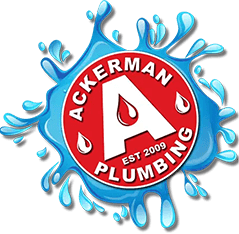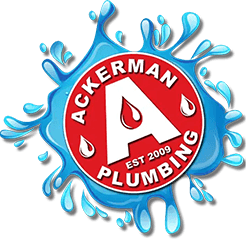Plumbing emergencies often strike unexpectedly and can quickly turn into a homeowner's worst nightmare. From burst pipes to clogged drains, these issues can cause extensive damage if not addressed promptly. While some problems might seem minor initially, they can escalate rapidly if left unchecked. Understanding these common plumbing emergencies and knowing how to handle them can save you from potential disasters and costly repairs.
Burst Pipes
One of the most alarming plumbing emergencies is a burst pipe. This can happen due to freezing temperatures, corrosion, or excessive water pressure. If you encounter a burst pipe:
- Turn off the Water: Locate the main water valve and shut it off immediately to prevent further flooding.
- Drain Faucets: Open all faucets to reduce pressure and minimize additional water damage.
- Contact a Professional: Call a licensed plumber to assess the situation and repair the burst pipe.
Clogged Drains
Clogs are a common occurrence and can happen in sinks, toilets, or showers due to accumulated debris, grease, or foreign objects. When dealing with a clogged drain:
- Use a Plunger: Try using a plunger to dislodge the blockage. Ensure you have a proper seal and apply firm, consistent pressure.
- Chemical Cleaners or DIY Solutions: Consider using chemical drain cleaners or DIY mixtures like baking soda and vinegar to break down the clog.
- Seek Professional Help: If the clog persists, avoid using excessive force and seek help from a plumber to prevent potential pipe damage.
Leaking Fixtures
Leaky faucets or toilets not only waste water but can also indicate underlying plumbing issues. When faced with leaks:
- Tighten Connections: Check and tighten any loose connections around the leaking fixture.
- Replace Seals or Washers: Often, leaks are caused by worn-out seals or washers. Replace these parts to stop the leak.
- Consult a Professional: If the leak persists or seems complex, it’s best to contact a plumber to avoid exacerbating the issue.
Water Heater Malfunctions
A malfunctioning water heater can lead to cold showers or even potential safety hazards. If your water heater acts up:
- Check Pilot Light (For Gas Heaters): Ensure the pilot light is on. If it's out, follow the manufacturer's instructions to relight it.
- Reset or Adjust Temperature: Try resetting the water heater or adjusting the temperature settings.
- Call a Professional: For any issues beyond basic troubleshooting, it’s advisable to call a professional to inspect and repair the water heater.
Sewer System Backup
A sewer backup is a messy and odorous plumbing emergency. When faced with this situation:
- Stop Water Usage: Avoid using sinks, toilets, or any water-based appliances to prevent further backups.
- Call a Professional: Contact a plumber immediately as sewer backups often require specialized equipment and expertise to resolve.
Prevention Tips
While emergencies can happen, some preventative measures can minimize the risk:
- Regular Inspections: Schedule regular plumbing inspections to catch potential issues early.
- Proper Usage: Educate household members about what can and cannot go down drains or toilets.
- Insulation: Insulate pipes in colder climates to prevent freezing and potential bursts.
Remember, quick action and knowing when to call a professional are crucial when dealing with plumbing emergencies. By staying informed and prepared, you can mitigate the impact of these unexpected situations on your home.
If you're in Iowa City, IA, and need professional help with your plumbing emergencies, don't hesitate to contact Ackerman Plumbing. Our team of experienced professionals is ready to assist you with all your plumbing needs.


